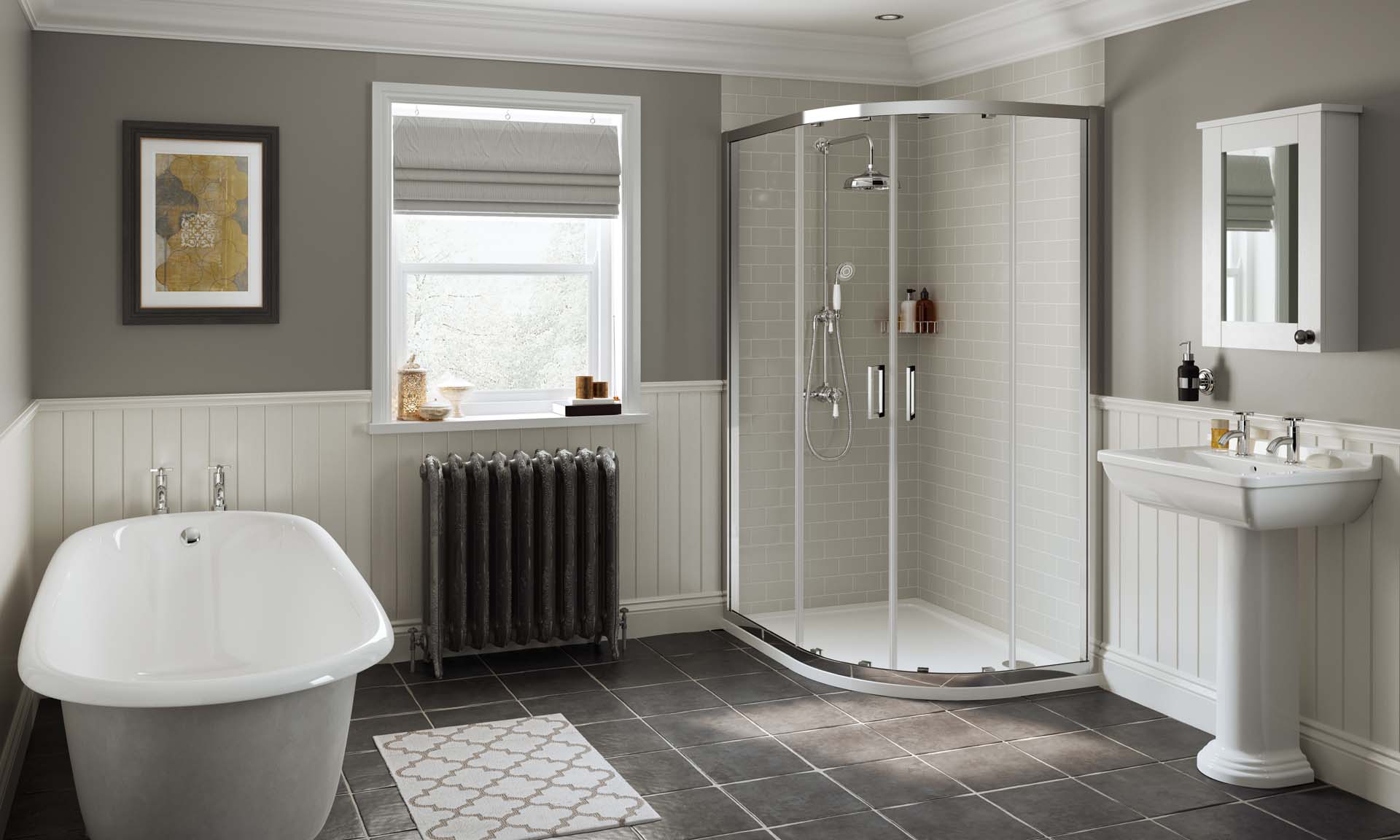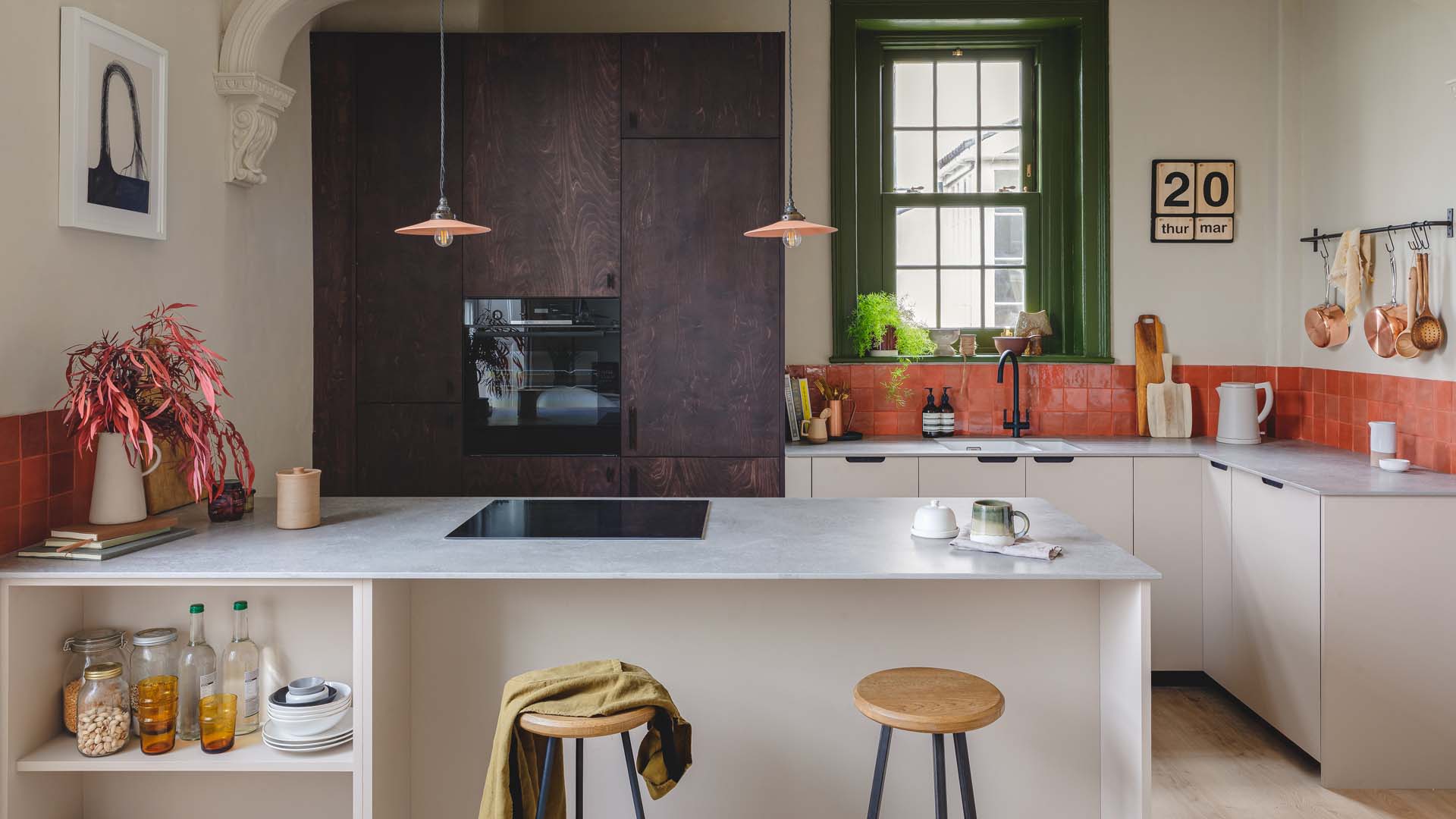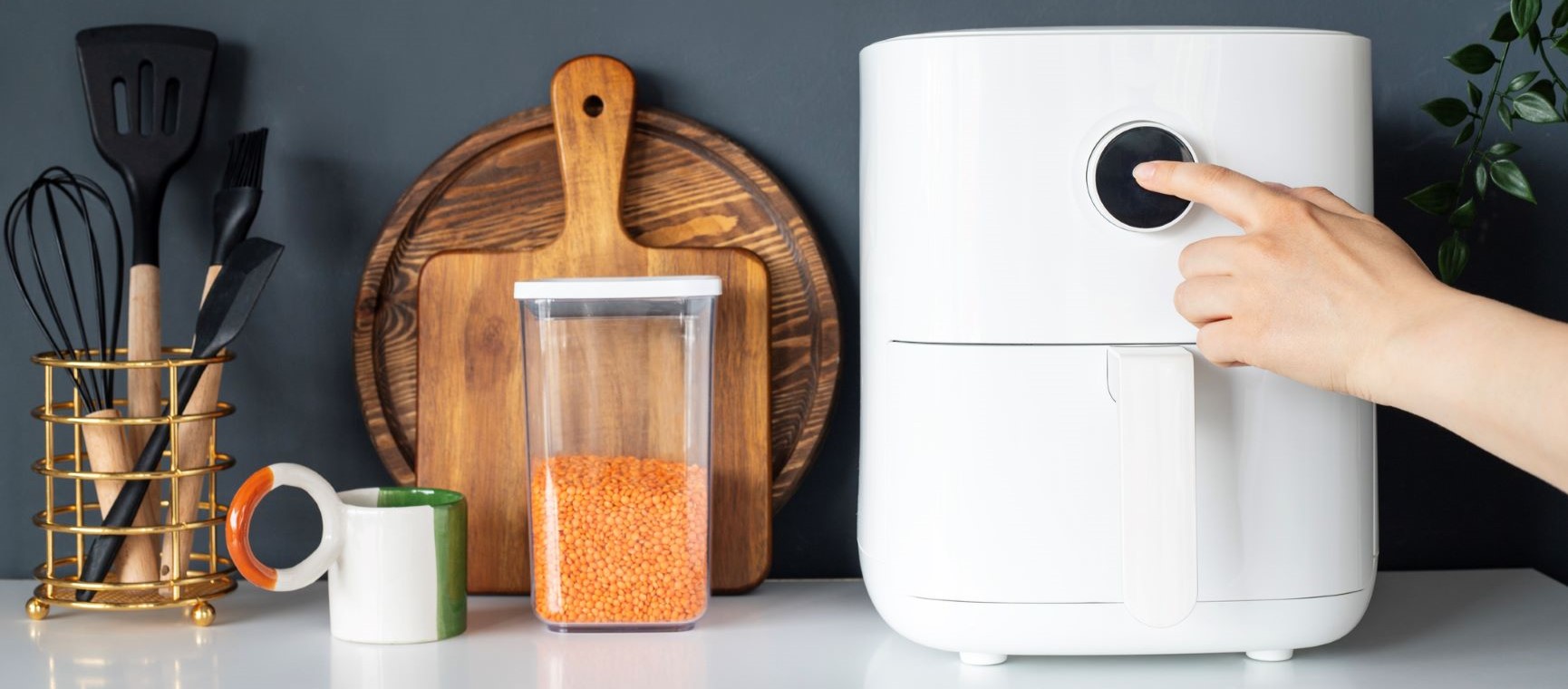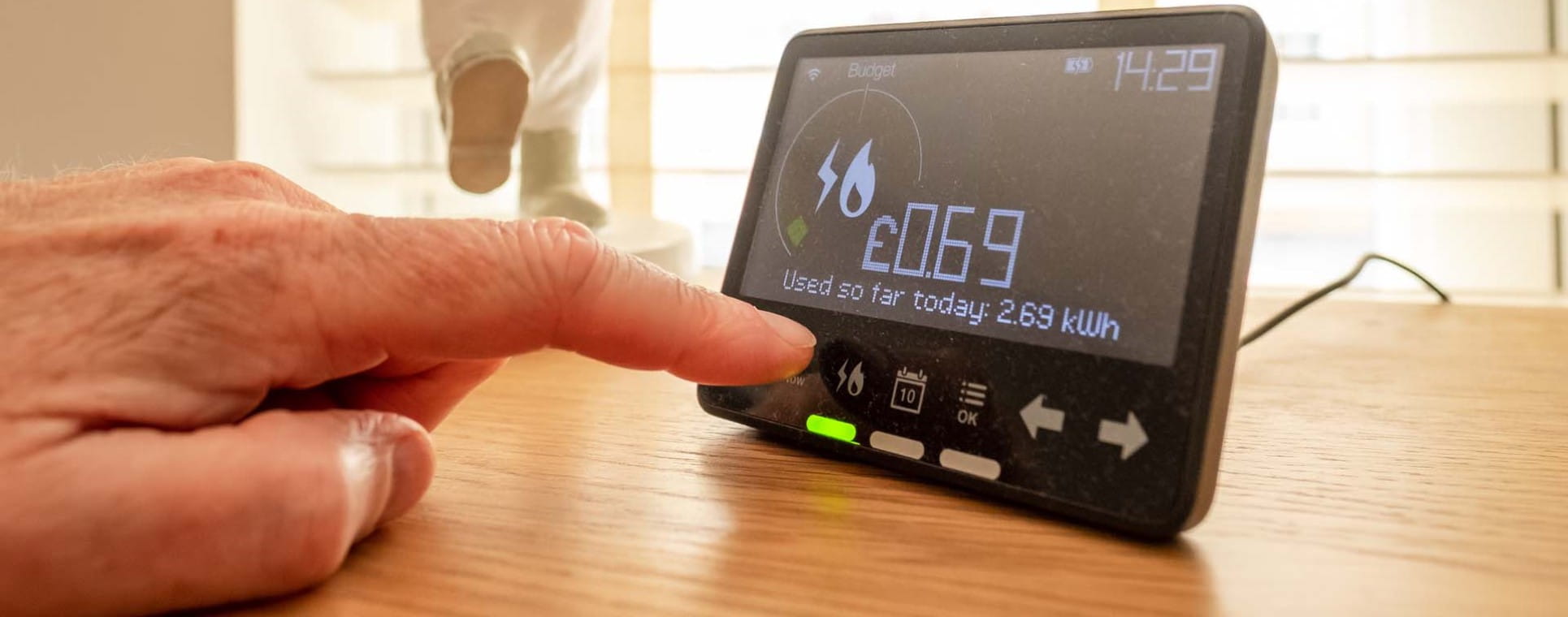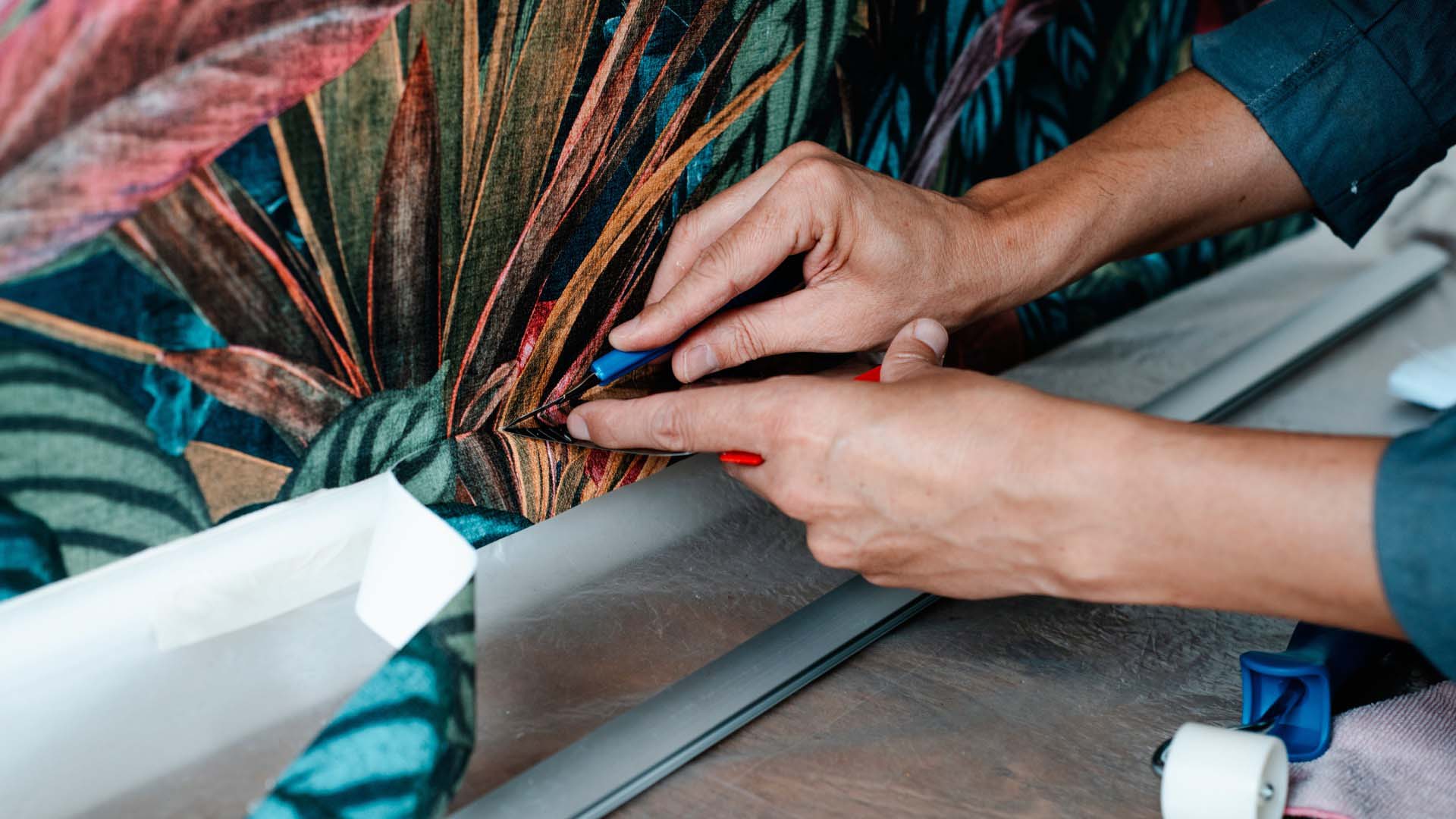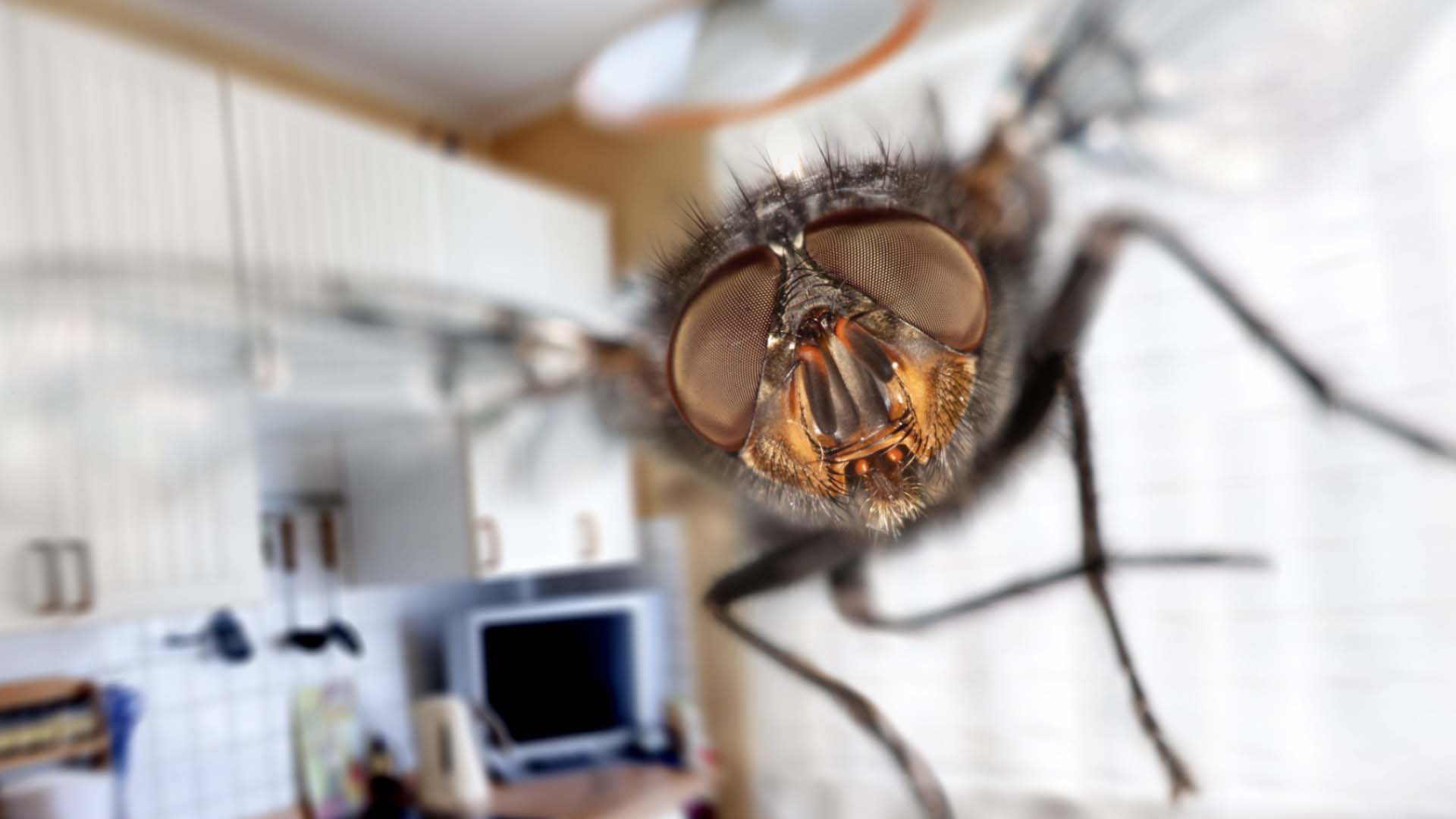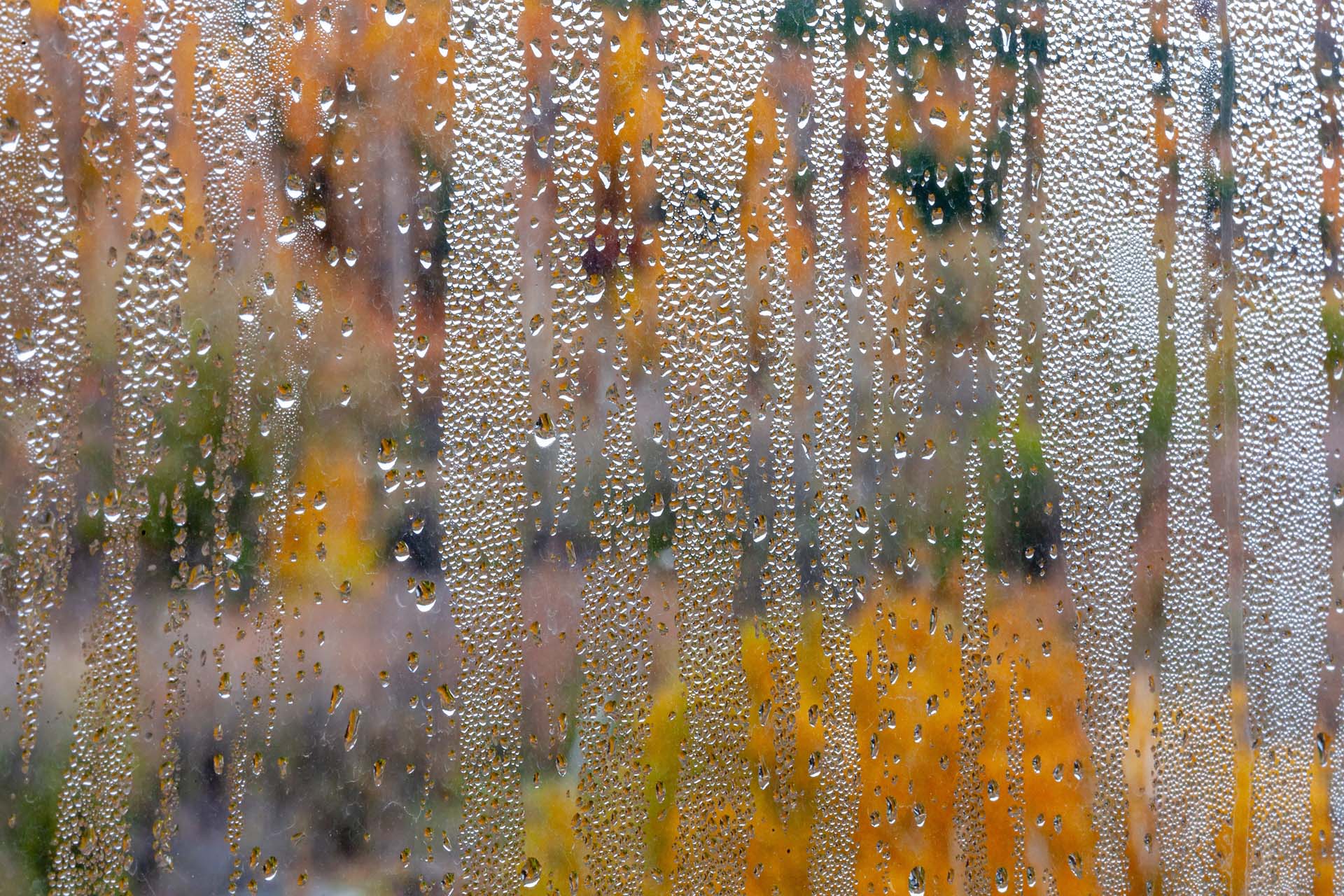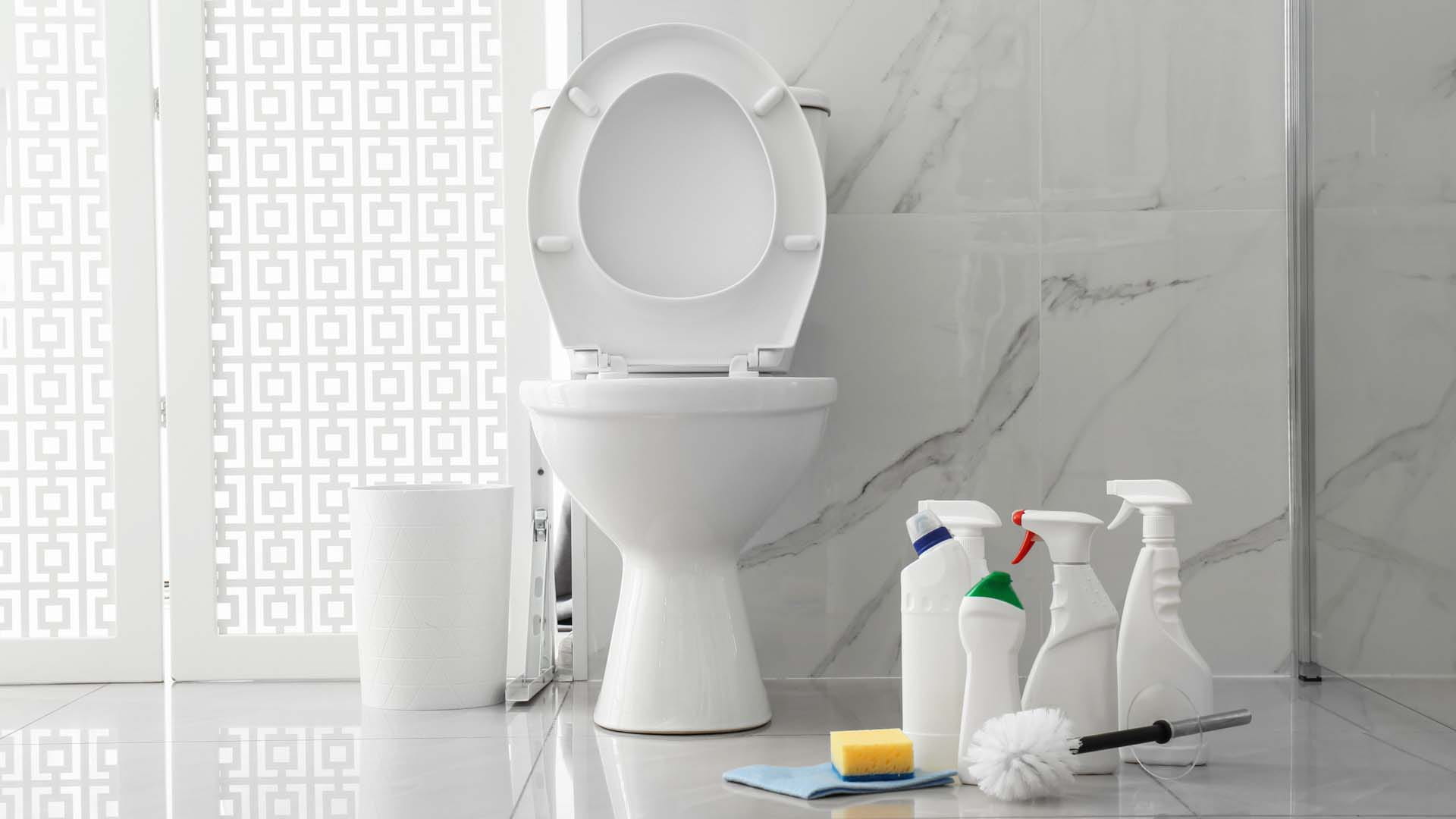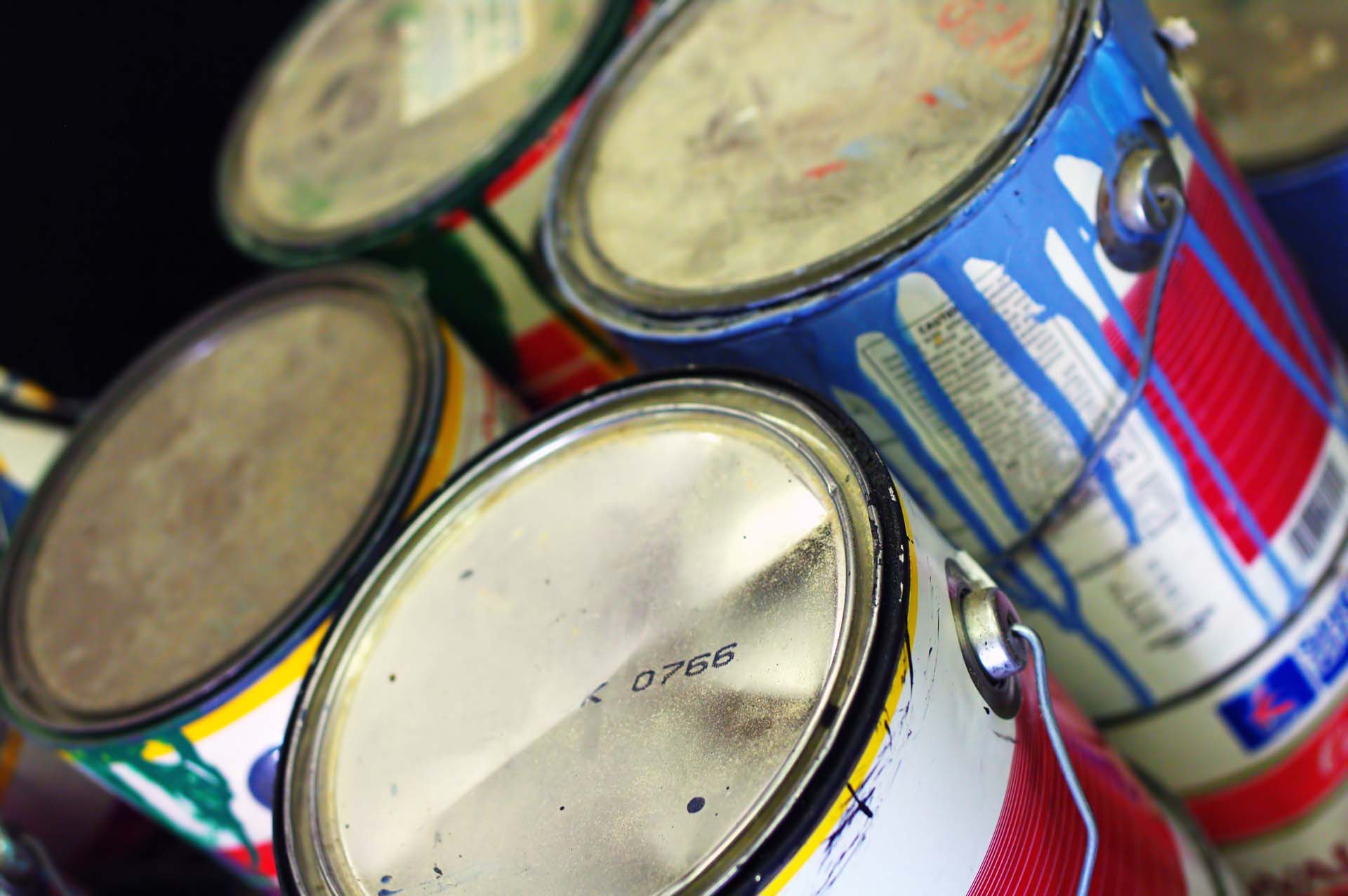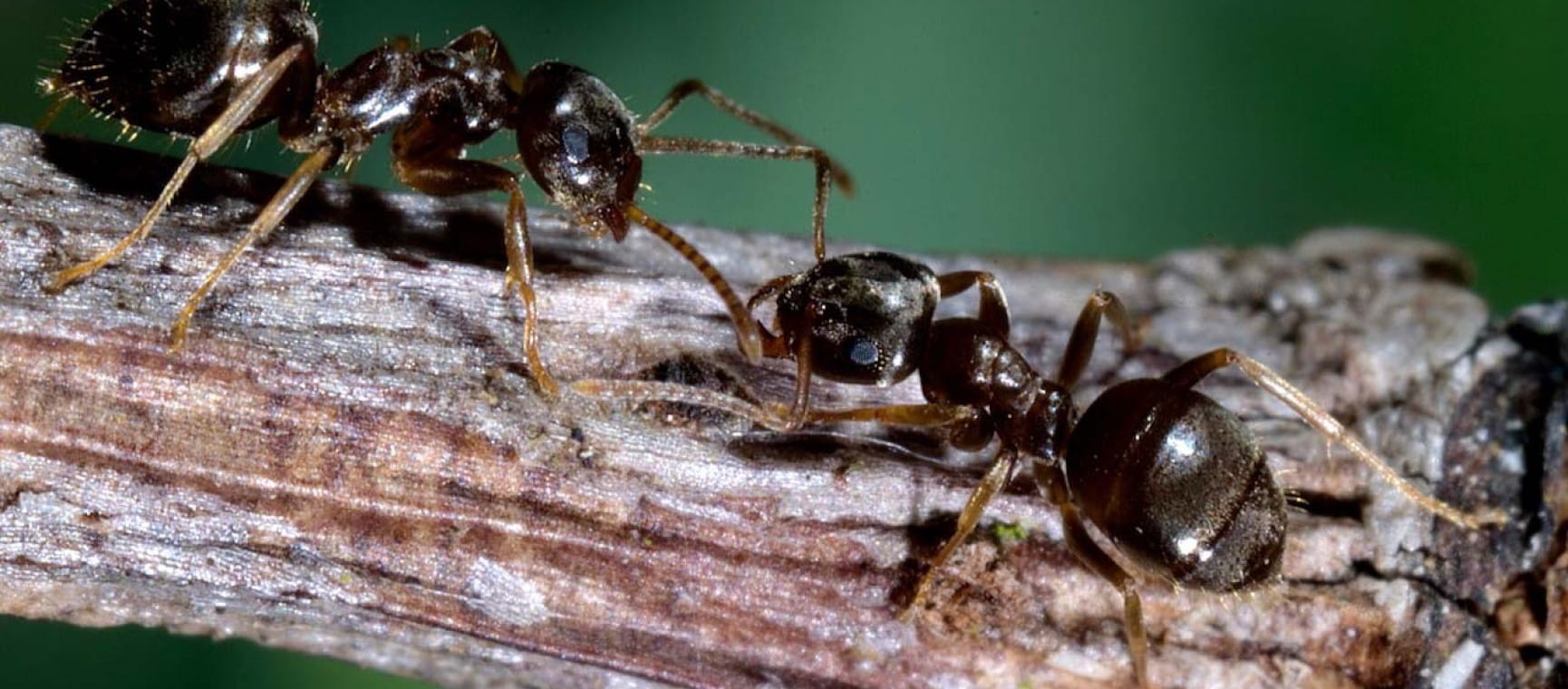
If the warm weather has seen your home subjected to an ant invasion, you’re not alone. Ants love it when the temperature ramps up, which is why we see so many of them during the summer months. And as ants are team players, you're likely to be faced with a swarm of ants, not just one or two.
Although ants are a nuisance when they come inside, they have an important role to play in the ecosystem, helping to decompose dead material, improving soil health and controlling pests.
So you may prefer to deter them naturally, which is where our tops tips on how to get rid of ants without killing them come in.
Before working out how to get rid of ants from your home, you’ll need to do some detective work to discover where they entered.
“Examine your home carefully for cracks, gaps and openings,” says Todor Stoev, pest control specialist at Fantastic Pest Control.
If you discover any entry points, Stoev advises to block them with sealants such as caulk or silicone.
It’s unsurprising that ants are attracted by food, sugar and moisture, making our kitchens a prime target area for ant infestations.
“The key is to wipe up spills, clear up crumbs and don’t leave sugary treats uncovered,” says Ben Keywood, an entomologist at Sheffield and Rotherham Wildlife Trust. Even when just one ant finds a tasty food source, it won’t be long before you have a scurry of its friends following on behind.
“Worker ants 'scout' new areas for food, so initially you’ll usually only find one or two in your house,” says Keywood.
“But if these scouts find a food source, they will return to the colony and 'tell' all the other ants where to go!"
“Capturing these scouts and putting them back outside (well away from the house) will prevent them from doing this,” he adds.
Instead of leaving an open sugar bowl on the worktop, ready to add to your tea or coffee, keep it covered in a container with a sealed lid.
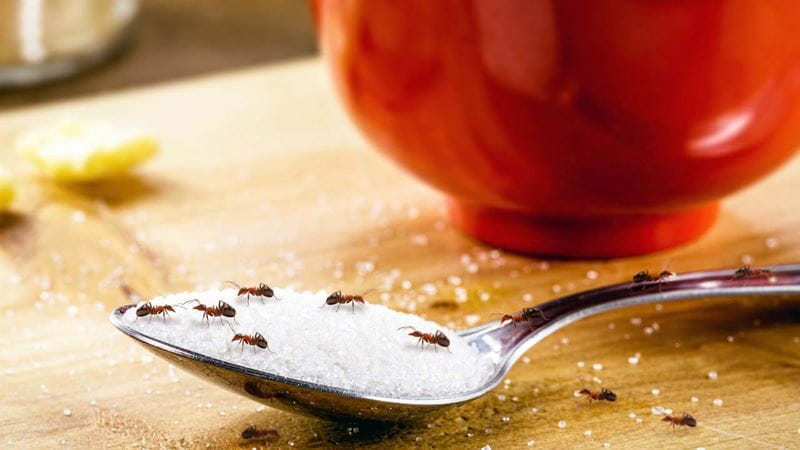
Keywood suggests playing on an ant’s sweet tooth as a means of a deterrent. “If you place something sweet and irresistible outside in the spot where you release them, they'll then go back and tell the colony to head there instead of in your house,” he says.
What is the best food to entice the ants to stay outside? “Fruit such as cut apple or apple cores are good,” says Keywood.
“You just need to ensure you maintain this food source to prevent them returning.”
“Ants generally don't want to go in your house," explains Keywood. “So, if you create a biodiverse habitat in your garden, the chances of them finding natural food sources are higher. This reduces their need to venture further to scout for things to eat.”
To improve the habitat in your garden for ants and other insects, Keywood recommends leaving some areas to go a bit wilder and undisturbed.
“Longer grass, logs piles, ponds and stone features all offer different characteristics that provide homes for wildlife,” he says.
“Insects are a vital food source for frogs, bats and birds, so the more habitat you can provide, the more likely you are to welcome other garden visitors.”
Keywood also recommends taking an organic approach to gardening by avoiding the use of chemicals or sprays to combat problems with insects.
Ants' role in the ecosystem
Although, at times, you may find that ants are annoying little creatures, they benefit the ecosystem. “Ants prey on other invertebrates that may damage our plants and they play a major part in keeping soil healthy,” says Keywood.
“The complex chambers they create underground also help aerate and improve soil quality.” Apart from being a food source for woodpeckers, they can also help birds to stay clean.
“Some birds use ants to clean parasites from their feathers. It’s thought that enticing the ants to bite and spray their acid on their feathers helps to prevent lice and other parasites,” he adds.
Unlike trying to keep flies out of your house, there’s no special knack for trapping ants before placing them back outside. If you only have a few to remove, Keywood tells us:
“Catch the ants in a small plastic container or glass, then place a piece of card over the top – just like you’d catch a wasp.”

If you don’t want to eradicate ants, there are plenty of ways to repel them with natural scents. The plus side is that the smells ants detest make for excellent room fragrances in our homes – a win-win all round.
Try burning citrus-fragranced essential oils in an oil burner in your kitchen to keep ants at bay. I particularly like the lemony fragrance of bergamot oil.
Bergamot Organic Pure Essential Oil 9ml, RRP £12
You can also discourage ants by creating physical barriers they cannot cross.
“Place chalk, powdered charcoal, or diatomaceous earth (food-grade) near entry points or ant trails,” says Stoav.
Stoav warns that pouring these substances over ants will kill them but, when used as a barrier, they help to eradicate the trail of scent that the ants are trying to reach.
Diatomaceous Earth (Food Grade) 300g tub, RRP £7.50
Ants are particularly attracted to moisture, just like slugs, who like damp conditions in our gardens, so it’s worth giving your house a quick once-over to reduce the likelihood of ants congregating in your home.
Stoav suggests checking your plumbing for leaks, especially under your kitchen sink and bathroom. It’s also worth checking for any damp or damaged wood that the ants will happily call home – a bathroom windowsill is a prime example.
With her 30 years of experience, Camilla Sharman has covered a wide range of sectors within the business and consumer industries both as a feature, content, and freelance writer. As a business journalist, Camilla has researched articles for many different sectors from the jewellery industry to finance and tech, charities, and the arts.
View author page
